5 Warning Signs You Need Heater and Furnace Repair Immediately
In the colder months, a functional heater and furnace system is crucial to maintaining a comfortable indoor environment. Ignoring minor issues can lead to major problems, resulting in high repair costs and compromised safety. Regular maintenance and timely heater and furnace repair can prevent these issues, ensuring system efficiency and safety for your home. Furthermore, keeping heating equipment in good condition can prevent unexpected outages during peak usage times. Addressing these problems promptly not only preserves energy usage but also extends the lifespan of your heating equipment, saving money and ensuring peace of mind.
1. Unusual Noises Coming from the Furnace or Heater
It's normal for furnaces and heaters to make some noise as they operate. Typically, you might hear the gentle hum of the fan or the soft sound of air whooshing through the vents. Familiarizing yourself with these normal sounds can help you detect unusual noises more effectively. Recognizing common operational sounds can prevent unnecessary worry and false alarms. It's crucial, however, to pay attention when deviations from these familiar sounds occur.
Certain noises, such as banging, clanking, or rattling, often indicate mechanical issues within the system. These sounds can warn of loose components, blockages, or even potential structural failures. Hissing or whistling noises might suggest issues with the gas lines, necessitating immediate professional attention due to possible safety hazards. Immediate action can prevent further damage and ensure that the system runs safely and efficiently. Recognizing these sounds early is integral to maintaining a safe heating system.
Rattling noises often stem from loosened components like screws or bolts within the system. These can usually be fixed by a simple professional adjustment. Clanking could be more serious, indicating a slipped or broken component in the furnace. Proactive detection and intervention are crucial to ensure that the system does not suffer further damage. Neglecting these sounds can result in substantial repair costs and potential safety hazards.
2. Lack of Heat or Inconsistent Temperature
Homeowners often experience uneven heating, resulting in areas of the home being warmer or colder than others. These discrepancies are sometimes due to blocked vents or inadequately sized heating systems. A qualified professional should evaluate the entire heating apparatus to determine optimal settings and necessary adjustments. Proper maintenance ensures consistent temperatures and maximizes comfort throughout the home. Identifying these issues promptly can save on energy costs and prevent wear and tear on the system.
Incorrect thermostat settings can also contribute to inadequate heating. For instance, an improper connection or outdated technology can prevent accurate temperature readings. Thermostat malfunctions often result in wasted energy, reducing efficiency and increasing utility costs. It is essential to ensure the thermostat is correctly calibrated and updated to prevent unnecessary strain on the heating system. Professional assessment can ensure proper thermostat functionality, enhancing overall system performance.
Blocked air ducts can significantly impact the efficiency and effectiveness of a heating system. Dust, debris, or even pest infestation can obstruct airflow, leading to uneven heat distribution. Regular duct cleaning is necessary to maintain optimal airflow and ventilation throughout the home. Prompt intervention saves money on energy costs and prevents potential health risks associated with poor air quality. Professional services can also provide more thorough cleaning and inspection, ensuring sustained system performance.
3. Unexplained Increase in Energy Bills
Comparing energy bills over the months or years can highlight excessive or unexpected increases in energy consumption. Drastic changes could indicate inefficiencies in the furnace's operation or more severe systemic issues. Monitoring these bills closely allows homeowners to catch potential problems before they escalate. According to the U.S. Department of Energy, in warmer climates, about 60% of homes rely on furnaces, making efficient operation vital to managing costs. Addressing inefficiencies quickly ensures consistent cost savings and reduces environmental impact.
Broken or malfunctioning components cause the entire heating system to work harder than necessary, increasing energy use. Components such as filters, blowers, or heat exchangers require regular inspections to mitigate these risks. Ensuring all parts are functioning optimally minimizes strain on the system, thus maintaining energy efficiency. Proactive maintenance measures prevent high utility bills and unexpected repair costs. A clean and well-maintained system uses energy more efficiently, reducing expenditure and environmental footprint.
Poor home insulation can also contribute to increased heating bills, as the system must work harder to replace lost heat. Sealing potential air leaks in walls, windows, and doors preserves indoor temperatures and improves furnace efficiency. Frequent energy audits by professionals can identify places where insulation improvements can be made. Implementing these recommendations decreases overall energy consumption and enhances comfort within the home. Adequate insulation and attention to detail protect your investment in your heating equipment.
4. Unpleasant Odors Emanating from the System
Unpleasant odors coming from a heating system can be a warning sign of larger problems. Musty smells often indicate mold or mildew within the system, requiring immediate attention for health and safety reasons. Burning smells could point to electrical issues or debris caught in the system, necessitating professional intervention. Addressing these smells promptly can prevent further damage and improve safety. Identifying the specific type of odor is crucial for diagnosing and resolving the underlying issue.
Gas leaks produce a distinct, often sulfur-like smell, commonly described as rotten eggs. Such leaks are hazardous and require immediate action, including evacuating the building and contacting emergency services. Regular system inspections and maintenance can reduce the risk of gas leaks and subsequent harmful odors. Addressing potential leaks protects both the home and its inhabitants from danger. Routine maintenance not only ensures safe operation but also enhances peace of mind.
Accumulated dust and debris can cause overheating, leading to distinctive burning odors. Filters that have not been changed regularly are often contributors to this problem. Regular cleaning and replacement of filters prevent potential overheating and the resultant odors. Conducting routine inspections minimizes the risk of odor-related issues and prevents unnecessary strain on the system. Addressing this proactively ensures long-term system reliability and efficient operation.
5. Frequent Cycling On and Off
Frequent cycling, known as short cycling, often indicates problems with the thermostat or system calibration. If the system turns on and off too quickly, it's usually a sign of inefficiency or misreading the actual temperature. Such issues not only increase wear on the system but also lead to unstable heating patterns. Regular thermostat inspections and recalibrations ensure efficient operation and comfort. Such routine checks safeguard against premature system breakdowns and inflated repair costs.
An inadequately sized furnace can cause frequent cycling due to its inability to condition the space effectively. If the system is too small, it struggles to heat the home, leading to constant cycling. Conversely, if it's too large, it heats quickly but inefficiently, causing its own cycling issues. Ensuring your system is the correct size is vital to maximizing efficiency and comfort in your home. Consulting an HVAC professional can help optimize system sizing against current household demands.
Prompt attention to the warning signs outlined ensures the efficient and safe operation of heating systems. By recognizing the signs early, homeowners can prevent costly repairs and ensure consistent heating throughout their homes. Addressing potential problems safeguards not only the HVAC system's longevity but also household safety and comfort. Regular maintenance and professional assessments remain crucial to managing these systems effectively. Engaging with experts ensures a holistic approach to maintaining optimal functionality and energy efficiency. For
heater and furnace repair you can count on, contact Navarro's Heating & Air Conditioning Inc today.
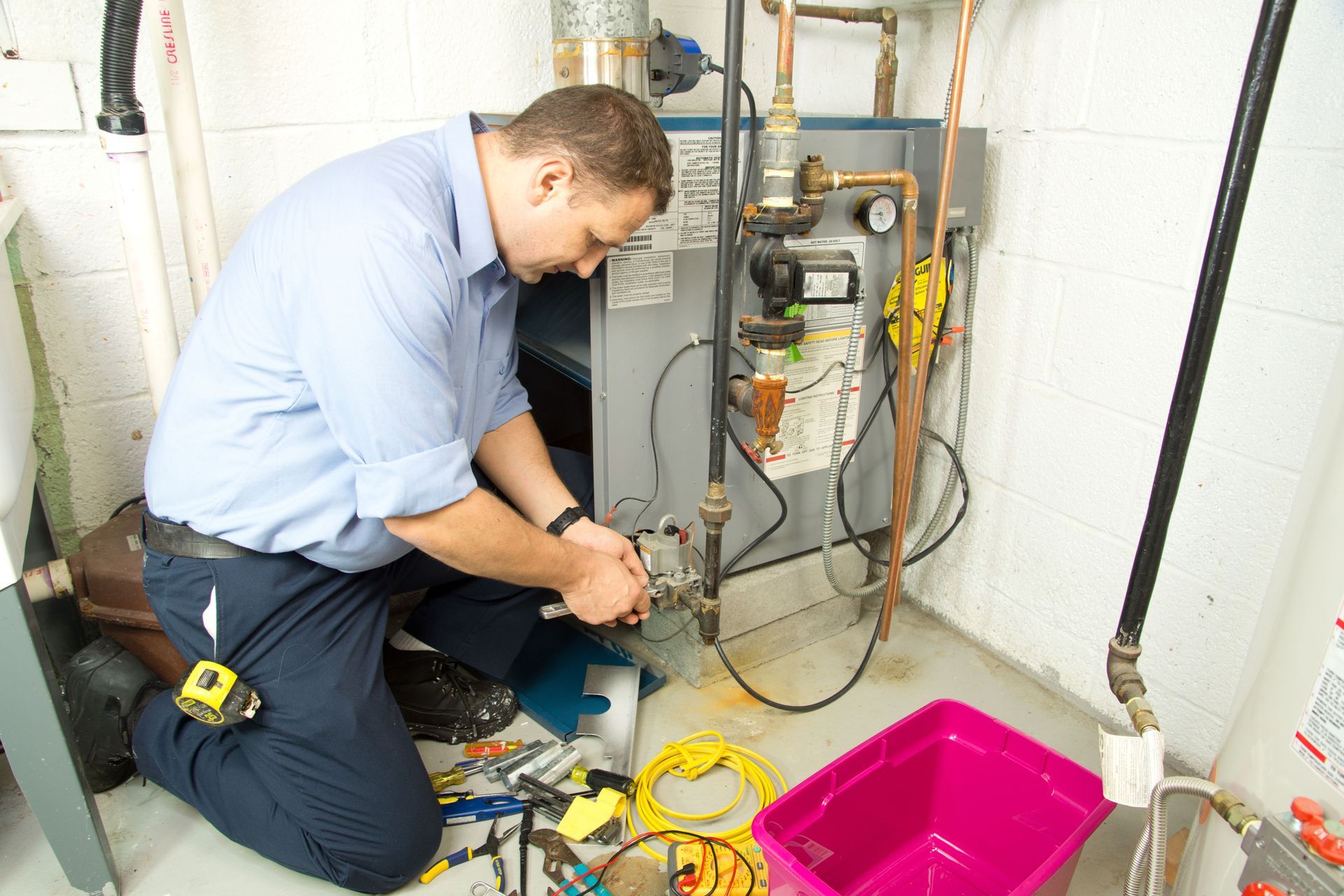
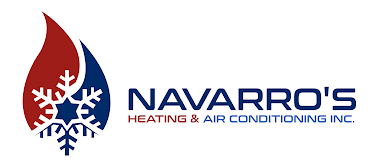
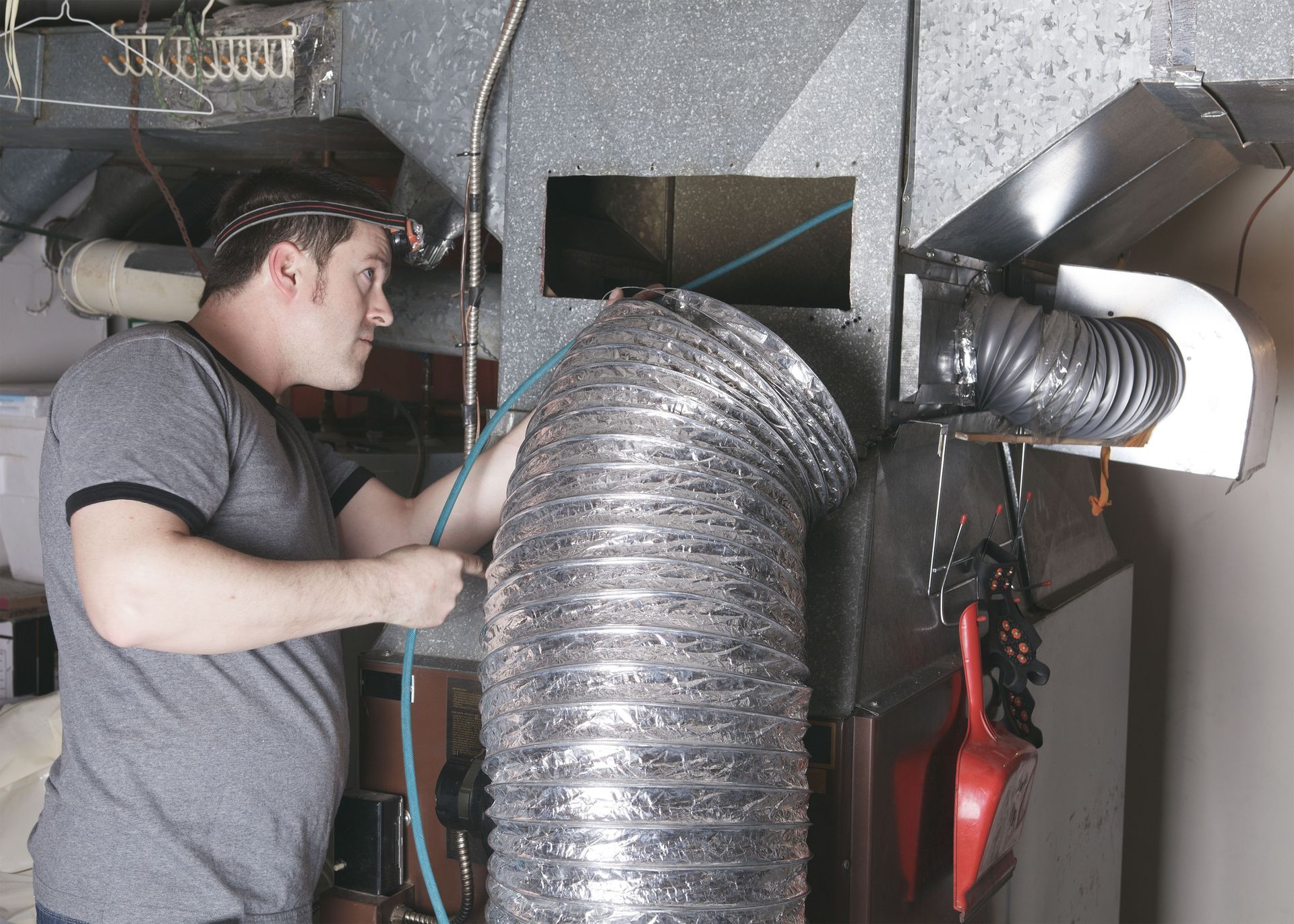
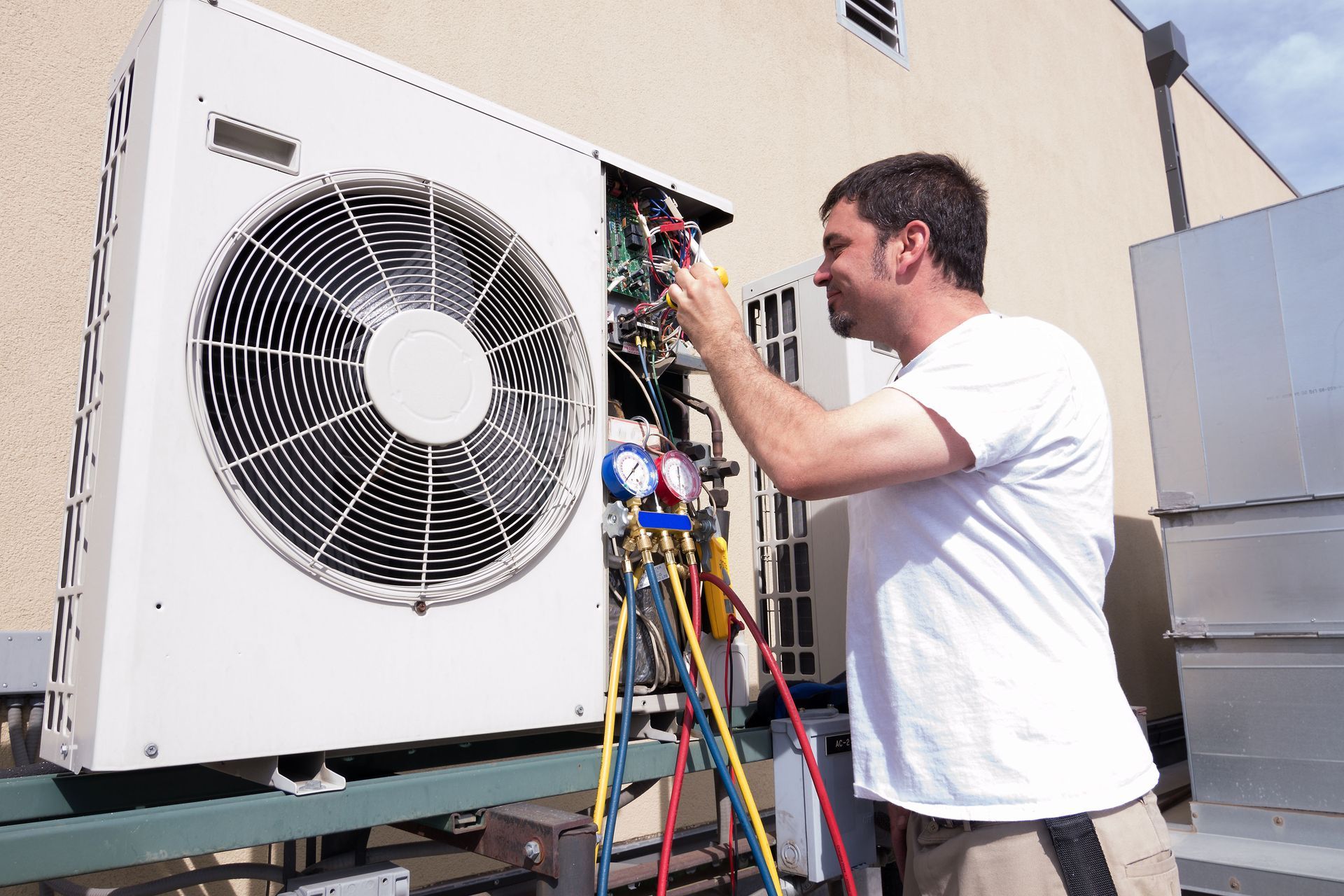
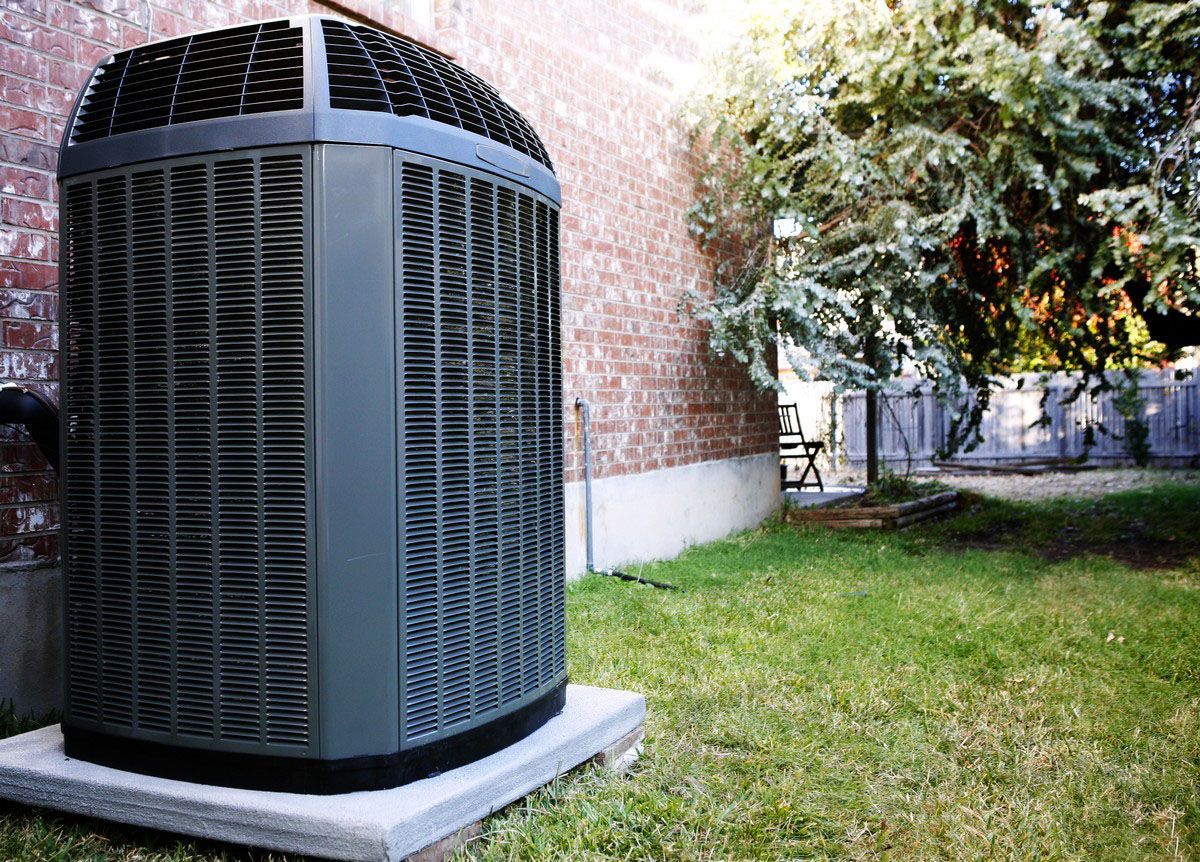





Share On: